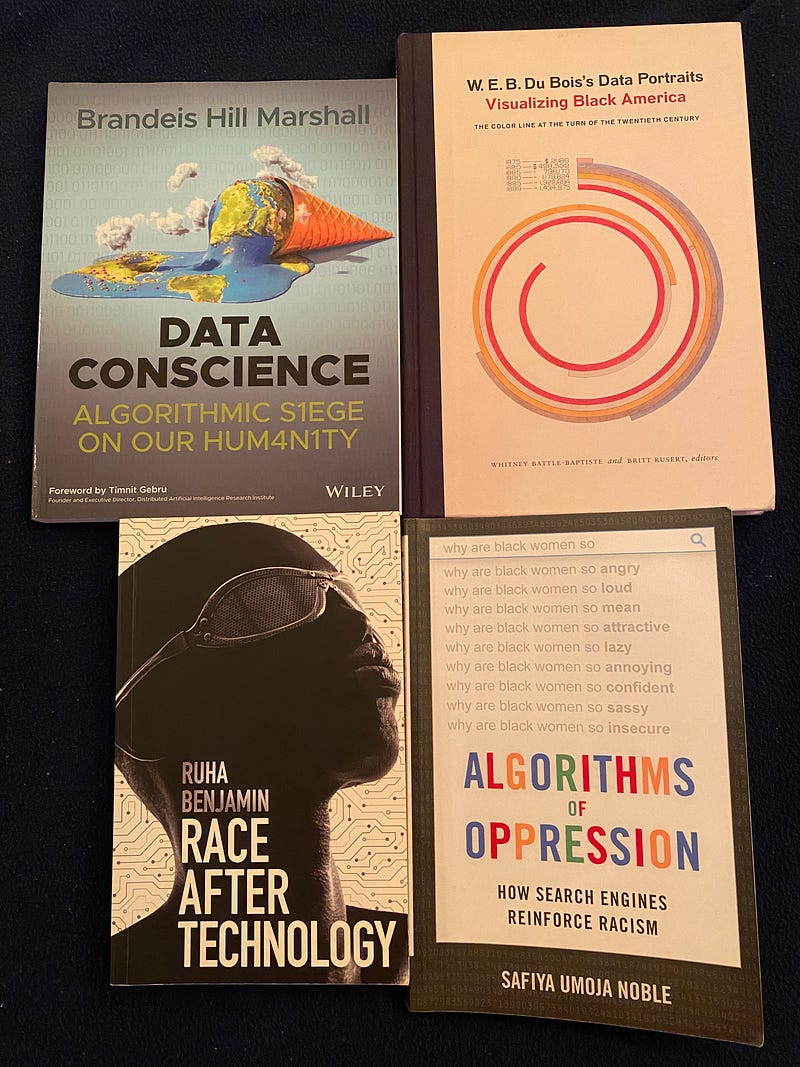Essential Reads for Understanding Responsible AI Practices
Written on
Introduction to Responsible AI
In the era of advancements in AI technologies such as AI art, writing, and coding, there is a growing emphasis on responsible AI practices and inclusive technology. Responsible AI focuses on centering humanity through transparency, accountability, and governance concerning data and AI systems. While some organizations are striving to improve AI fairness and privacy, many tech companies have approached responsible AI initiatives with a lackadaisical attitude. They often launch AI products directly to consumers, soliciting immediate feedback while bypassing essential software testing protocols that ensure quality and reliability.
As a result, the public is becoming increasingly discerning about AI technologies, leading to a rapid transition from admiration to critique. Users are recognizing the limitations of AI and demanding to understand the implications of these technologies on diverse communities. Thankfully, the message surrounding AI's injustices continues to resonate.
If you're navigating the world of apps and platforms and are unsure how to advocate for responsible AI, this resource is for you. Here are four insightful books that will guide your journey toward understanding responsible AI. I’ll also recommend the best starting point based on your professional background.
Information Specialists and Librarians
Algorithms of Oppression by Safiya Noble, published in 2018, delves into how our digital frameworks operate without considering social, economic, historical, or political consequences, particularly for marginalized communities. Noble presents compelling arguments about the dangers of our reliance on flawed digital systems and highlights the importance of social context in understanding the digital landscape. She advocates for interdisciplinary approaches to tackle the misconceptions surrounding technology.
> “We need interdisciplinary research and scholarship…that intersects with gender and women studies, Black/African American studies, media studies, and communications to better describe and understand how algorithmically driven platforms are situated in the intersectional sociohistorical contexts and embedded within social relations.” — Safiya Noble
Sociologists and Science and Technology Specialists
Race After Technology by Ruha Benjamin, published in 2019, offers a candid examination of algorithmic bias and discrimination embedded in our digital infrastructure. Benjamin challenges the notion of technology as a neutral entity, confronting the systemic issues of racism and social inequity that persist in tech innovations. This book encourages readers to rethink their relationship with technology.
> “The view that ‘technology is a neutral tool’ ignores how race also functions like a tool, structuring whose literal voice gets embodied by AI.” — Ruha Benjamin
Data Analysts and Visualization Specialists
W.E.B. Du Bois’s Data Portraits: Visualizing Black America, published in 2018, presents the lives of Black Americans in the late 1890s through intricate infographics. This collection, edited by Whitney Battle-Baptiste and Britt Rusert, contextualizes each visual, providing insight into the social and economic disparities of the time. These historical visuals serve as a poignant reminder of how we represent demographic groups today.

Software Developers and Data Engineering Specialists
Data Conscience, my book released in 2022, calls for those who handle data to acknowledge their role in perpetuating algorithmic discrimination. It advocates for collaboration between tech professionals and non-industry stakeholders to enhance technology for everyone. The book emphasizes that data should not be a passive element in our quest for ethical tech; rather, it should be central to our strategies for building a more just digital landscape.
> “Data won’t stop being created, digitized, manipulated, and interpreted. All of us can’t acquiesce to existing processes, systems, and institutions designed to further marginalize minoritized groups. We’re battling for our dignity in digital spaces with the same indignant veracity as we do in physical spaces.” — Brandeis Marshall
Next Steps
Begin your reading journey with the book that resonates most with you and continue exploring the others. In no time, technology will feel less intimidating, and you'll gain a clearer understanding of its impact on your daily life.
The first video, "Book Review - Platform and Model Design for Responsible AI," provides insights into how responsible AI frameworks can be developed effectively.
The second video, "What I've Learned Reading These 7 Books about AI," shares valuable lessons and key takeaways from essential readings on AI.